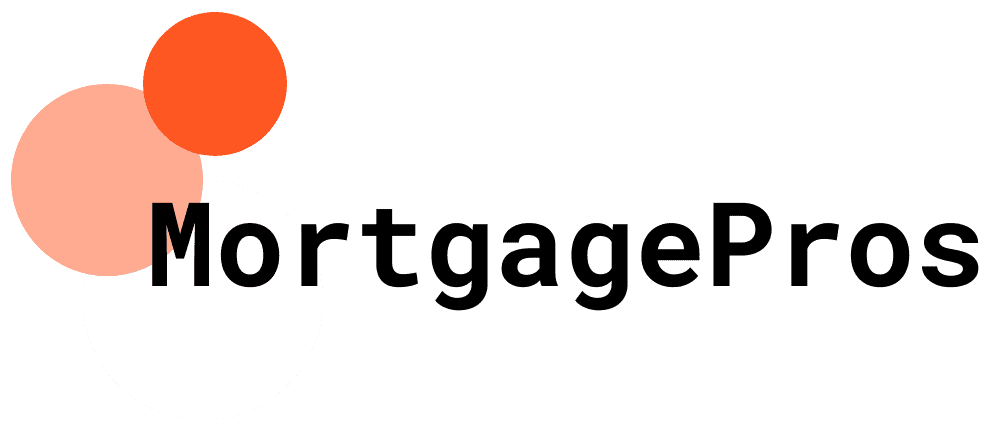Mortgage insurance is a critical component of the homebuying process, especially for buyers who may not have a substantial down payment or prefer a lower down payment option. In this comprehensive guide, we’ll explore what mortgage insurance is, the different types available, how it works, and its impact on homeownership. Let’s demystify mortgage insurance and empower you to make informed decisions on your path to owning a home.
What is Mortgage Insurance?
Mortgage insurance is a financial safeguard that protects lenders in case a borrower defaults on their home loan. It is typically required for homebuyers who put down less than 20% of the home’s purchase price as a down payment. In such cases, lenders perceive a higher risk, and mortgage insurance provides an added layer of protection.
Mortgage insurance is not to be confused with homeowners insurance, which protects the homeowner from property damage or loss. Instead, mortgage insurance primarily benefits the lender by reducing their risk and encouraging them to offer loans to borrowers with smaller down payments.
The Different Types of Mortgage Insurance
There are three primary types of mortgage insurance commonly used in the homebuying process:
1. Private Mortgage Insurance (PMI)
Private Mortgage Insurance, commonly known as PMI, is the most common type of mortgage insurance. It is typically required for conventional loans when the borrower puts down less than 20% of the home’s purchase price. PMI is provided by private mortgage insurance companies and is added to the borrower’s monthly mortgage payment.
2. Federal Housing Administration (FHA) Mortgage Insurance
Federal Housing Administration (FHA) loans, which are government-backed loans designed to help lower-income and first-time homebuyers, require FHA mortgage insurance. This type of insurance is provided by the Federal Housing Administration and is known as Mortgage Insurance Premium (MIP). It is required for all FHA loans and is paid both upfront and as part of the monthly mortgage payment.
3. Department of Veterans Affairs (VA) Funding Fee
For eligible veterans and active-duty military personnel, VA loans offer excellent benefits, including no down payment requirement and no private mortgage insurance. Instead, VA loans require a one-time funding fee, which serves a similar purpose to mortgage insurance in protecting the lender against default.
How Mortgage Insurance Works
Mortgage insurance works as a risk mitigation tool for lenders, allowing them to offer loans to borrowers with smaller down payments. The specific details of how mortgage insurance works depend on the type of insurance and the loan program.
Private Mortgage Insurance (PMI): PMI premiums vary based on the size of the down payment, credit score, and loan-to-value (LTV) ratio. The LTV ratio is the loan amount divided by the appraised value of the home. As the borrower pays down the mortgage and the LTV ratio decreases, PMI can be canceled once the LTV reaches 80% or less. Borrowers can also request to have PMI removed if the LTV ratio reaches 78% through a combination of payments and home appreciation.
Federal Housing Administration (FHA) Mortgage Insurance (MIP): FHA loans require both an upfront MIP payment, which is typically financed into the loan amount, and an annual MIP premium that is paid monthly. The upfront MIP payment is a one-time cost, while the annual MIP premium is ongoing for the life of the loan. For most FHA loans, the MIP can be canceled if the LTV ratio reaches 78% or less and the borrower has made mortgage payments for at least 11 years.
Department of Veterans Affairs (VA) Funding Fee: The VA funding fee is a one-time fee paid upfront or rolled into the loan amount. The amount of the funding fee depends on factors such as the type of service, down payment amount, and whether it is the borrower’s first VA loan or subsequent use. Veterans with a service-related disability may be exempt from the funding fee.
The Impact of Mortgage Insurance on Homeownership
Mortgage insurance enables borrowers to achieve homeownership with a smaller down payment, making it a valuable tool for those who may not have saved a substantial amount for a down payment. However, it’s essential to understand the impact of mortgage insurance on homeownership:
1. Increased Monthly Mortgage Payments
Mortgage insurance increases monthly mortgage payments, as the insurance premium is added to the borrower’s principal and interest payments. It’s crucial for homebuyers to factor in this additional cost when determining their affordability.
2. Access to Financing
For many borrowers, mortgage insurance provides access to financing and homeownership opportunities that may have been otherwise unattainable due to a lack of a 20% down payment. It can be a valuable option for first-time buyers and individuals with limited savings.
3. Possibility of Future Removal
Depending on the type of mortgage insurance, borrowers may have the opportunity to remove it once certain conditions are met. For example, with PMI on conventional loans, borrowers can request to have it removed once the LTV ratio reaches 78% or lower.
4. Government-Backed Loan Benefits
For borrowers using FHA or VA loans, mortgage insurance is an inherent part of the loan program. However, these loan programs offer unique benefits, such as low or no down payment requirements, flexible credit criteria, and competitive interest rates, which can offset the cost of mortgage insurance for many borrowers.
Conclusion
Mortgage insurance serves as a valuable safeguard for both lenders and borrowers in the homebuying process. It enables borrowers to access financing and achieve homeownership with a smaller down payment, while providing lenders with an added layer of protection against default.
When considering mortgage insurance, it’s essential for homebuyers to weigh the benefits and costs, explore the different loan options available, and seek guidance from a reputable lender or mortgage professional. By understanding the intricacies of mortgage insurance, you can make informed decisions on your homeownership journey and take confident steps towards your dream home.



